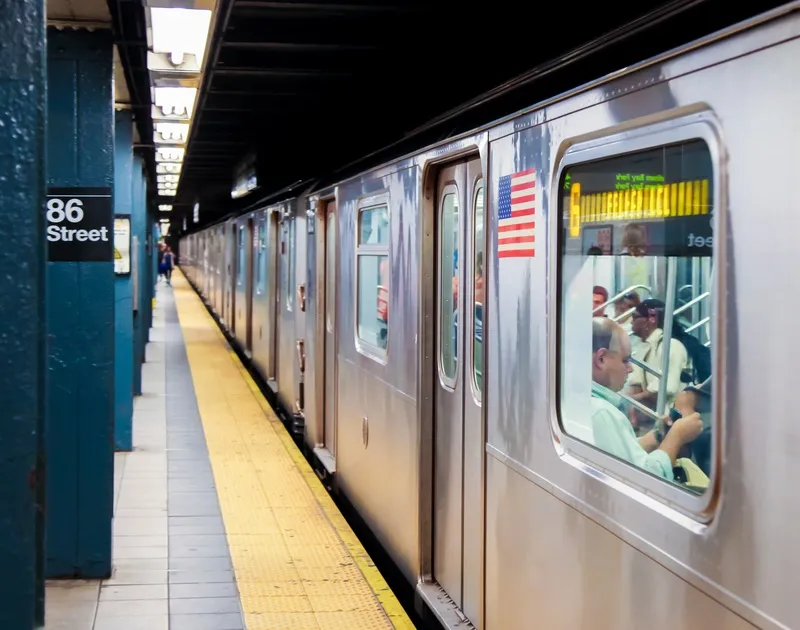Mark de la Vergne, chief of mobility innovation for the City of Detroit, says: “With this pilot programme, we are now connected to a network of cities facing the same challenges and we can effectively work together to develop a new regulatory model that can be scaled nationally.”
Passport says the cities will be able to apply parking principles, data analysis and a software platform to charge for scooter parking in order to balance the supply, demand and distribution.
The mobility platform allows each city to incentivise behaviour by charging for kerb space across all modes of mobility, the company adds.
Additionally, the project is expected to allow mobility providers like Bird and Lime to better manage their fleets by working with cities to establish a tailored system which introduces the right number of scooters at the right locations to better serve residents and visitors.
Three US cities trial Passport’s mobility platform to better manage scooters
The US cities of Charlotte, Detroit and Omaha are looking to develop a regulatory model for scooter deployment using Passport’s mobility platform.
Mark de la Vergne, chief of mobility innovation for the City of Detroit, says: “With this pilot programme, we are now connected to a network of cities facing the same challenges and we can effectively work together to develop a new regulatory model that can be scaled nationally.”
Passport says the cities will be able to apply parking principles, data analy
March 25, 2019
Read time: 2 mins
The US cities of Charlotte, Detroit and Omaha are looking to develop a regulatory model for scooter deployment using Passport’s mobility platform.









